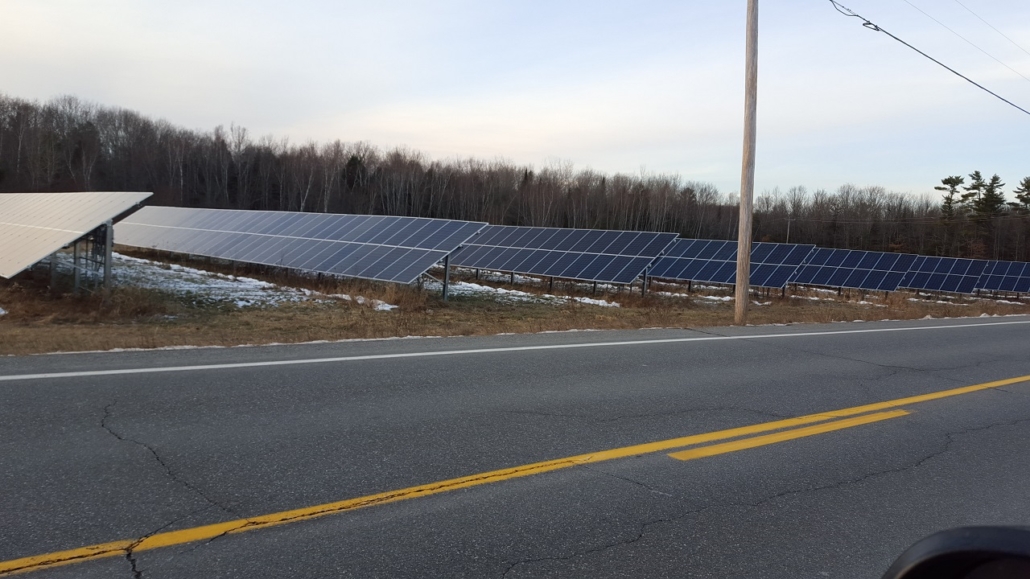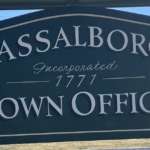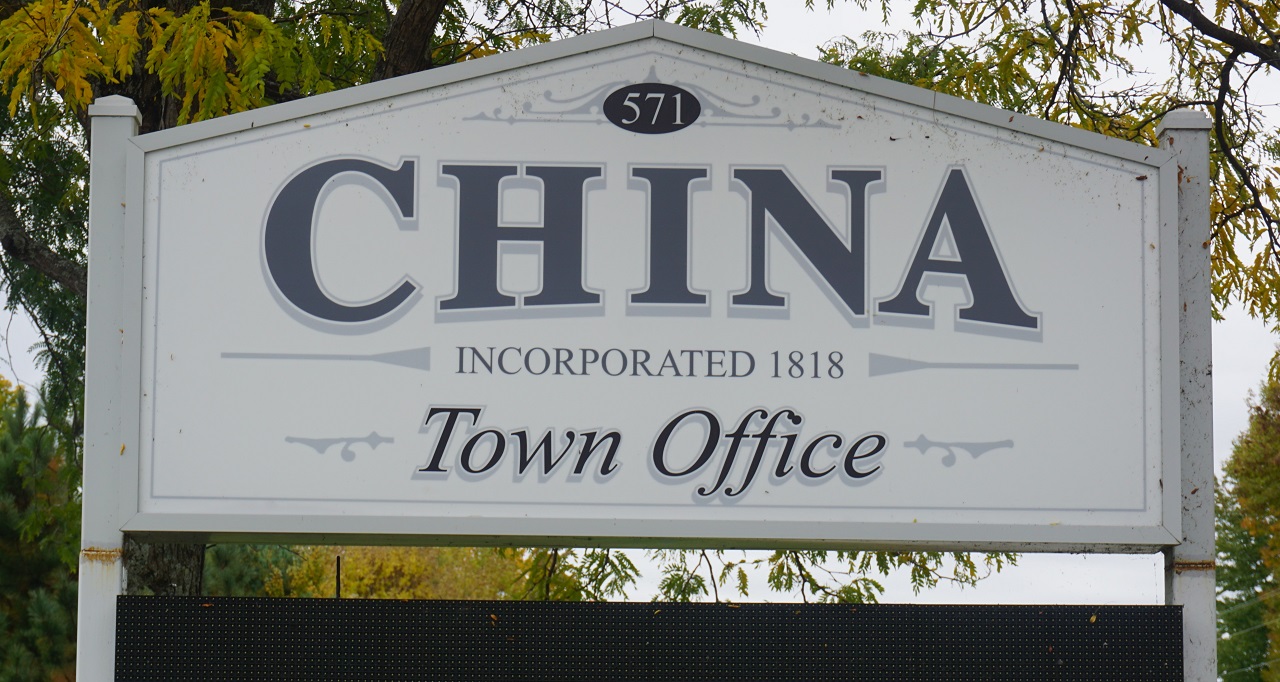Board not sure solar farm properly assessed
by Mary Grow
CHINA — Almost three hours of discussion with three lawyers and one assessor left China’s Board of Assessment Review members informed about assessing the value of a community solar farm, but not ready to make a decision on whether the one in China is assessed fairly.
The community solar array is located on Three Level Farm on Route 32 North. After assessor William Van Tuinen valued it, developer ReVision Energy appealed, claiming overvaluation resulting in overtaxation.
Van Tuinen’s illness prevented his reviewing the appeal. It was therefore deemed denied. The presumptive denial brought the issue to the Board of Assessment Review at a Dec. 18 meeting.
ReVision chief counsel and director of development Steve Hinchman and attorney Kristin Collins represented ReVision. Van Tuinen spoke for himself, and attorney Amanda Meader represented the town’s interest.
After presentations and discussion, board members accepted member Sheri Wilkens’ recommendation to postpone a decision. Their next meeting is scheduled for Thursday evening, Jan. 10. Meanwhile, it was suggested both parties and any board members who so choose prepare brief summaries of main points and positions.
Discussion revealed disagreements over five issues.
The first is how to determine the initial value of the project, and the related second is the proper method of calculating ongoing value and depreciation. The third is whether property taxes should be related to income investors derive from the project. The fourth is what value, if any, remains at the end of the project’s lifetime, and a subsidiary issue is how to define the end of the lifetime.
Van Tuinen and Hinchman said there are three ways to establish value: by looking at prices for which similar projects have sold, irrelevant in this case because no one in Maine has bought or sold a community solar farm; Discounted Cash Flow (DCF) model, which Van Tuinen used with modification; and construction costs.
Hinchman analyzed construction costs at length, pointing out the additions to materials and labor in the form of costs like leasing land, getting permits and organizing the solar farm’s owners’ group.
He argued that Van Tuinen had failed to depreciate the value of the solar farm fast enough, pointing out how quickly solar technology becomes obsolescent. Van Tuinen replied that the DCF method covers obsolescence.
Hinchman further argued that the tax Van Tuinen calculated amounted to more than 13 percent of income generated; the correct tax should not exceed five percent, he said. Starting with a five percent tax, Hinchman calculated an assessed value of less than $91,000; Van Tuinen’s figure is around $275,000.
Van Tuinen objected, asking for evidence of Hinchman’s claimed ceiling and saying ReVision “presented the tax they’d like to have” and tried to work backward to set it.
Hinchman also claimed Van Tuinen’s residual value is too high, because used solar equipment is worthless. After 20 years he expects the expense of removing the solar panels would equal any resale value, so the solar array should be valueless after 20 years.
ReVision’s lease runs for 30 years with the option of two five-year extensions, and Van Tuinen said the ReVision website claims 40 years of energy generation.
Responsible journalism is hard work!
It is also expensive!
If you enjoy reading The Town Line and the good news we bring you each week, would you consider a donation to help us continue the work we’re doing?
The Town Line is a 501(c)(3) nonprofit private foundation, and all donations are tax deductible under the Internal Revenue Service code.
To help, please visit our online donation page or mail a check payable to The Town Line, PO Box 89, South China, ME 04358. Your contribution is appreciated!






Leave a Reply
Want to join the discussion?Feel free to contribute!